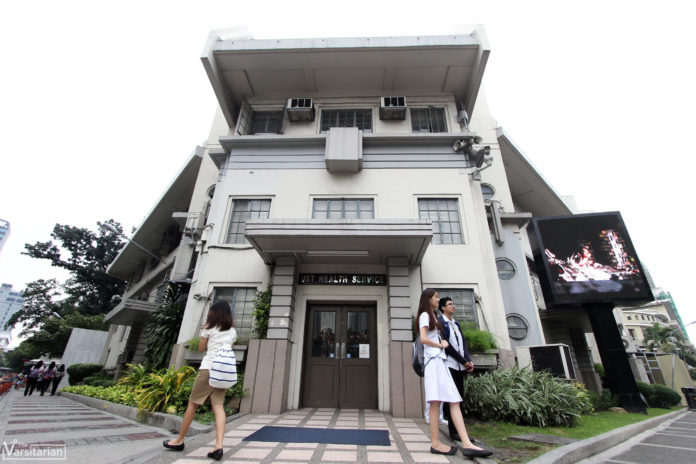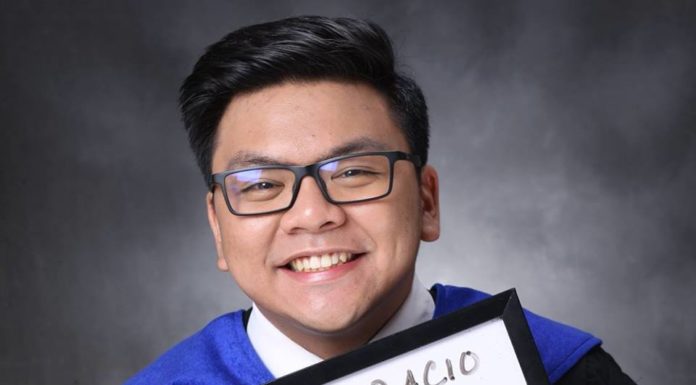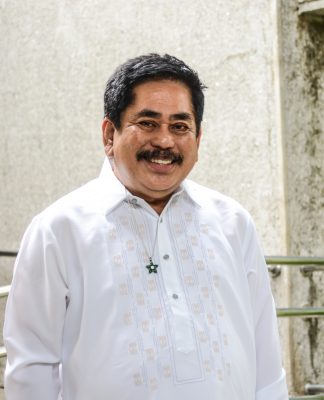THE UNIVERSITY has been conducting drug tests among first-year high school students for prevention and rehabilitation purposes even before the Department of Education (DepEd) made the tests mandatory, the UST Health Service chief bared.
Health Service Director Rhodora de Leon said drug tests for high school students were the “rule” in the University.
“[Drug testing has] been in practice even before I came here. Ang aking thinking ay it’s been a practice in the University even before the mandate of DepEd,” de Leon said in an interview with the Varsitarian.
Education Secretary Leonor Briones signed DepEd Order 40 on Aug. 8, ordering all public and private high schools to conduct mandatory drug tests under Republic Act 9165 or the Comprehensive Dangerous Drugs Act of 2002.
Mandatory drug tests are supposed to determine the prevalence of drug use among students, assess the effectivity of school-based prevention programs, prevent the use of illegal drugs, facilitate the rehabilitation of users, and strengthen collaboration with agencies working against illegal drugs.
De Leon said no high school student had tested positive under her watch.
“I’ve been here in the Health Service for the past three years. And in my three years [in service], isa [o] dalawa pa lang ang nakita naming nag-positive although… sa college `yun. Based on that, [we] can say [that] UST is drug-free,” de Leon said.
First-year high school students are required to undergo drug tests while students in the second, third and fourth years are subject to random drug tests.
The UST Health Service does not require students in the higher years to undergo drug tests.
“Think of the volumes or numbers as well as the tedious work if all students and staff will do that every year. [We will conduct drug tests on] 40,000 students every year? It’s bound to be ignored, I suppose, if students will be required to undergo [drug testing] every year,” de Leon said.
De Leon said students who will test positive should not be discouraged from using drugs and offered counseling and proper treatment.
“Kung nag-positive man [ang estudyante], hindi mo siya ida-drive away. They have to be counseled. And they have to be treated depende kung how deep ang kanyang addiction,” she said.
“Kung maka-receive kami ng positive na drug test… we talk to the dean or to the principal… and tell them [that] somebody [tested] positive. Then we talk to the principal and the parents…para aware ang parents [so we can do] the necessary measures in terms of counseling or rehabilitation,” de Leon said.
From July to October 2017, the UST Health Service tested 1,050 Senior High School students while 2,189 students from the College of Tourism and Hospitality Management, Faculty of Pharmacy, Faculty of Medicine and Surgery and the Graduate School were subjected to mandatory drug testing. with reports from Jacob Marvin D. Urmenita

















